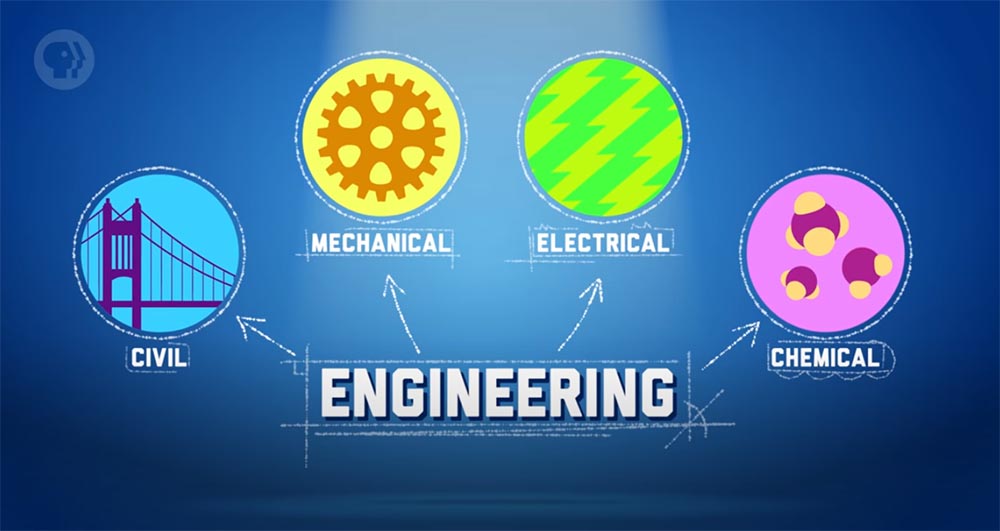Civil Engineering is a fascinating field that plays a crucial role in building the infrastructure and shaping the environment we live in. From constructing roads, bridges, and buildings to developing water supply and sewage systems, civil engineers have a big impact on the world. With its broad scope and versatility, civil engineering is a course that provides many different career paths and opportunities for graduates.
Civil Engineering Course: A Comprehensive Overview
The Civil Engineering Course is a broad discipline that covers various branches and specializations. Some of the most important areas of civil engineering include:
Structural Engineering
Structural engineers design and evaluate the strength and stability of buildings, bridges, and other structures. They use principles of physics and mathematics to ensure that these structures are safe, stable, and fit for their intended purpose. Structural engineers are responsible for ensuring that structures can withstand the forces of nature, such as wind, earthquakes, and floods.
Geotechnical Engineering
Geotechnical engineers study the properties of soil and rock and how they affect the stability of structures. They are involved in the design and construction of foundations, slopes, and retaining walls, and they assess the potential for landslides, sinkholes, and other geotechnical hazards.
Water Resource Engineering
Water resource engineers focus on the planning, design, and construction of water resources projects, such as dams, reservoirs, and canals. They also study the impact of water resources on the environment and human health, and they work to develop sustainable solutions for water supply and waste management.
Transportation Engineering
Transportation engineers design and manage the transportation systems we use every day, such as roads, highways, airports, and transit systems. They work to improve traffic flow, reduce congestion, and ensure that transportation systems are safe and efficient.
Environmental Engineering
Environmental engineers study the impact of human activities on the environment and work to develop solutions to environmental problems, such as air and water pollution, waste management, and soil contamination. They also work on developing sustainable technologies and practices to reduce the environmental impact of human activities.
Construction Engineering
Construction engineers manage and oversee the construction process, from planning and design to construction and maintenance. They work to ensure that construction projects are completed on time, within budget, and to the required standards of quality and safety.
Choosing a Specialization in Civil Engineering Course
With so many branches of civil engineering to choose from, it can be challenging to decide on a specialization. To help you make your decision, consider the following factors:
Your interests and passions
What do you find interesting and exciting about civil engineering? Consider your interests, strengths, and passions when choosing a specialization.
Career opportunities
Consider the job market and career opportunities in your desired specialization. Research the types of jobs available, the industries that are hiring, and the salaries and benefits associated with those jobs.
Education and training requirements
Different branches of civil engineering have different education and training requirements. Consider the amount of time and effort you are willing to invest in your education and training.
The future of the field
Consider the future of the field and the impact that technological advancements and environmental concerns will have on your desired specialization.
Making a Difference with a Civil Engineering Course
Civil engineering is a rewarding and challenging field that offers many opportunities to make a positive impact on the world. Whether you choose to specialize in structural engineering, geotechnical engineering, water resource engineering, transportation engineering, environmental engineering, or construction engineering, you will have the opportunity to work on projects that shape the infrastructure and environment of our communities.
Conclusion
Civil Engineering is a broad and diverse field that provides many different career paths and opportunities for graduates. The various branches of civil engineering, including structural engineering, geotechnical engineering, water resource engineering, transportation engineering, environmental engineering, and construction engineering, offer a wide range of specialties for individuals to explore. When choosing a specialization, it is important to consider your interests, career opportunities, education and training requirements, and the future of the field. With a Civil Engineering Course, you can make a difference in the world and help shape the infrastructure and environment of our communities.






